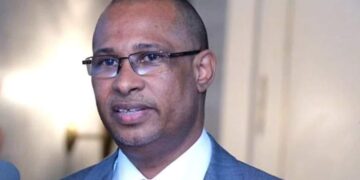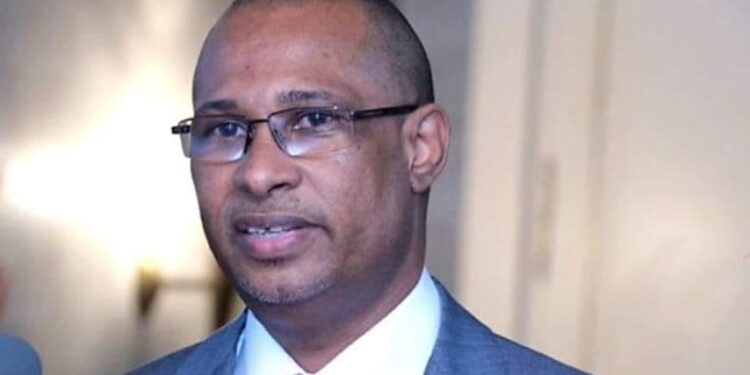By John Ikani
Guinea-Bissau’s President, Umaro Sissoco Embalo, has removed Geraldo Martins from the position of prime minister, just a week after his reappointment.
The official announcement came through presidential decrees on Wednesday, revealing the appointment of Rui Duarte de Barros to replace Martins.
The political shake-up follows the dissolution of Guinea-Bissau’s parliament, a move initiated by President Embalo in the aftermath of what he termed a thwarted coup on December 1.
President Embalo accused the government of displaying passivity in response to the clashes, prompting the initial dismissal of Martins.
Surprisingly, Martins was reappointed as prime minister on December 12, only to face dismissal again shortly thereafter.
While the presidential decrees did not offer explicit reasons for the removal of Martins, sources close to the matter hinted at underlying disagreements between the prime minister and the president.
Martins, a member of the former ruling PAIGC party, currently leads the main opposition coalition, adding a layer of complexity to the political dynamics.
The new appointee, Rui Duarte de Barros, brings a wealth of experience to the role, having previously served as the country’s minister of economy and finance.
In addition, he held a commissioner position at the West African Economic and Monetary Union before serving as prime minister in a transitional government from 2012 to 2014.
Guinea-Bissau, no stranger to political upheavals, has faced numerous challenges since gaining independence from Portugal in 1974.
The recent dispersal of opposition members of parliament using tear gas underscores the tense political climate.
Despite the dissolution of the parliament, a date for new legislative elections is yet to be determined, leaving the political landscape in a state of uncertainty.


































